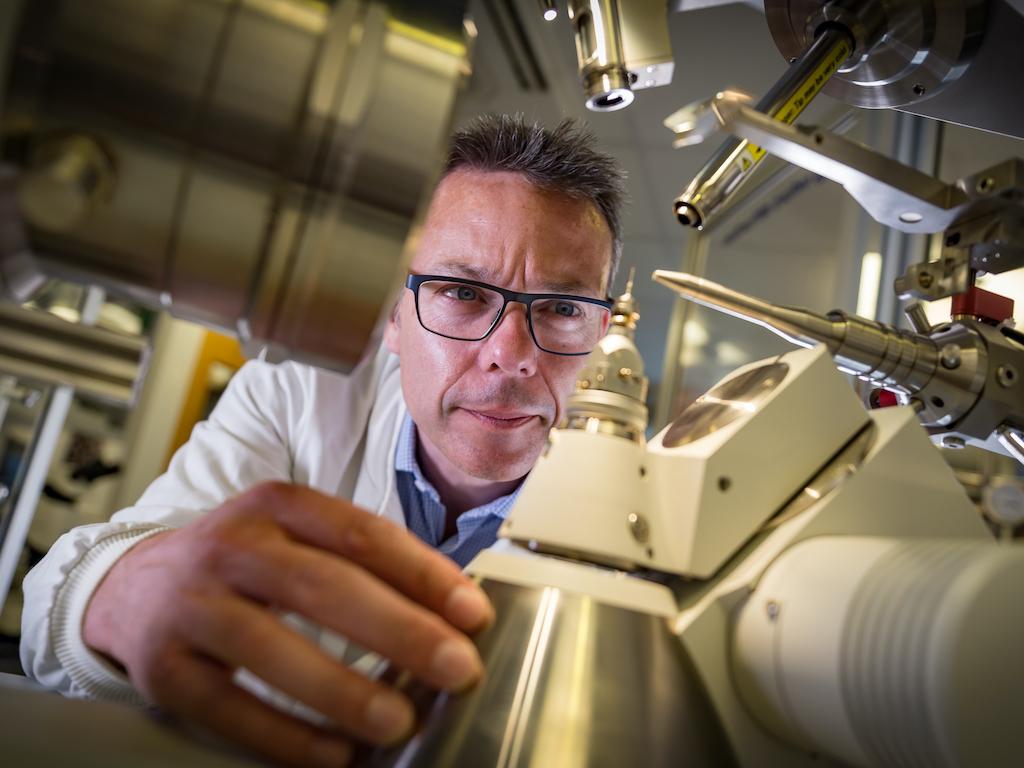3 Mins Read
Scientists have created a new enzyme “cocktail” that can break down plastic up to six times faster, bringing hope in the fight against the global pollution crisis. This discovery promises to enable full recycling and could mean a drastic cut in the plastic industry’s carbon emissions that is fuelling climate change.
A new study published in the journal Proceedings of the National Academy of Sciences has discovered a new enzyme “cocktail” that can digest plastic waste six times faster. The research, conducted by scientists at the University of Portsmouth and four U.S. institutions, builds on previous breakthroughs in plastic-eating bugs called PETase that were first detected in Japan back in 2016.
PETase breaks down polyethylene terephthalate (PET) – the most common plastic used to make disposable bottles and containers – back into its building blocks within a matter of days compared to the years it takes for it to degrade in the environment. The team has engineered the natural PETase enzyme in labs to make it 20% faster at digesting PET, and found a second plastic-eating enzyme and combined it to speed it up by a further three times.
Speaking about the creation of this new “super-enzyme” called MHETase-PETase, Professor John McGeehan from the University of Portsmouth and author of the study said: “It took a great deal of work on both sides of the Atlantic, but it was worth the effort – we were delighted to see that our new chimeric enzyme is up to three times faster than the naturally evolved separate enzymes, opening new avenues for further improvements.”
This new discovery marks a huge leap forward towards finding a solution to tackle the world’s enormous plastic waste crisis. Though the original PETase enzyme ignited the first signs of hope for a solution, it was alone not fast enough yet for a commercial solution to handle the hundreds of billions of PET bottles the world throws away.
It took a great deal of work on both sides of the Atlantic, but it was worth the effort – we were delighted to see that our new chimeric enzyme is up to three times faster than the naturally evolved separate enzymes, opening new avenues for further improvements.
Professor John McGeehan, University of Portsmouth
Earlier in July, a paper published in the journal Science found that even if the world slashed plastic consumption by 80%, there would still be an astonishing 710 million tonnes of plastic left on the Earth. By using enzymes to digest and return plastic into its original building blocks, there is a potential for plastics to be made and reused endlessly, slashing the need for new creation based on fossil fuels and moving the needle when it comes to the world’s plastic waste.
This isn’t the only scientific breakthrough that appears to shine a glimmer of hope. In April this year, scientists discovered a new bacterium that feeds on polyurethane, which is widely used in many industrial and commercial products such as foam insulation, diapers and kitchen sponges, and is considered far more difficult to recycle compared to PET.
Lead image courtesy of the University of Portsmouth.



